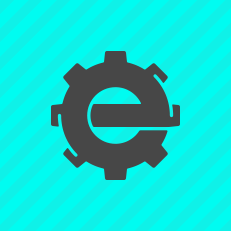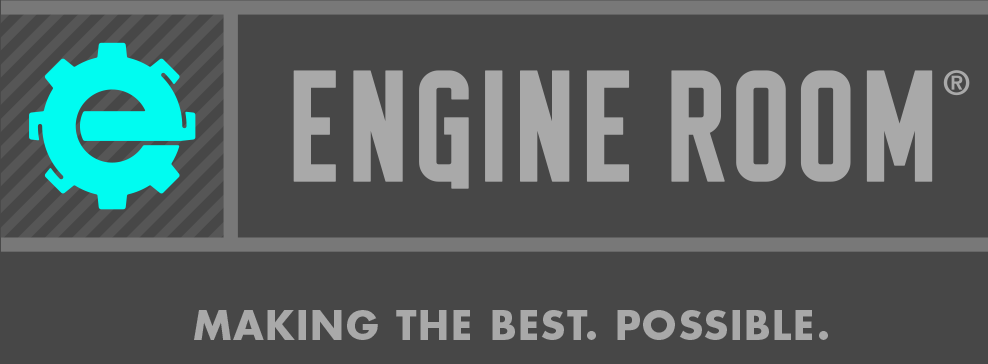
Are you as excited as we are? Drupal 11 has officially been released, marking the beginning of an exciting era for the platform. This latest version of Drupal is the culmination of years of visionary development and innovation. The Drupal we cherish, known for its robust foundational developer tools, now comes with an array of new features that enhance its functionality. This new version has also introduced a foundation for innovative features that will be built upon and included in the future. Come with us as we share what this new Drupal is bringing to the table.
Recent Developments and Evolutions of Drupal
The release of this latest version has marked a significant milestone in the evolution of this open-source platform, culminating in the first official production-ready release on August 2, 2024. Leading up to the launch, the development phase included a series of Release Candidates (RCs), specifically Drupal 11.0.0-rc1, rc2, and rc3, each serving a distinct purpose in enhancing the overall functionality and stability of the platform. RC1 introduced an initial set of core features, laying the groundwork for what users could expect in the latest version of Drupal. Following this, RC2 leveraged community testing and debugging efforts, allowing the global community of developers to identify and address potential issues. The final RC3 was focused on refining the platform's stability and making those last necessary adjustments to facilitate a seamless transition to the full release.
A standout aspect of the development process was the extraordinary level of community involvement. The open-source nature of the platform saw contributions from approximately 1,858 individual developers representing 590 organizations worldwide. This collaborative effort created a rich testing environment, where numerous perspectives and expertise were brought together to enhance Drupal's quality. The involvement of so many developers was particularly crucial during the beta testing phase, as it increased the scrutiny of the product and facilitated the identification of bugs or shortcomings before the official release.
Key Drupal 11 Features and Improvements
These improvements make this new version of Drupal a more powerful, flexible and user-friendly CMS, building on the strengths of previous versions. These enhancements are designed to cater to the diverse needs of developers, content creators, and site administrators, ensuring an efficient and streamlined experience for all users.
Drupal Recipes Initiative
The Drupal Recipes initiative is designed to streamline the initial site-building process by providing “Recipes,” which are detailed instructions for configuring and installing various site components, such as contributed modules, content types, fields, and even content. With these enhancements, Drupal 11 is set to elevate the user experience and developer efficiency to new heights.
Updated Admin Navigation Experience and New Access Policy API
With the new Admin Navigation Experience, users, content editors, site administrators, and site builders will have an easier time accessing and using the menu than ever before. Built from the ground up with countless hours of user feedback and testing, this promises to alleviate issues with Drupal’s administrative UI/UX. Additionally, with the New Access Policy API, Drupal permissions become easier to manage and, with added granularity, will help ensure users on your site have better permissions and never see or access sections they should be forbidden from.
Support for Taxonomy Term Revisions and Moderation
Taxonomy Terms are getting revisions and moderation support. So now, along with Content Types and Paragraphs, Taxonomy Terms will track what was changed, when it was changed, why it was changed, and who made the change.
Additional Highlights
- Single Directory Components (SDC): SDCs streamline front-end development by gathering all essential code in one directory, which makes components self-contained and reusable.
- Improved Performance: Runs up to 50% faster on PHP 8.3, with enhancements to lazy loading and page performance.
- Enhanced Accessibility: Continued focus on making Drupal accessible to all users, with improvements to accessibility features.
- Support for Decoupled Menus: Out-of-the-box support for decoupled menus with Linkset support.
- Automatic Content Formatting: More sophisticated content management functions for a better content editing experience.
- Improved Staging and Deployment: The Workspaces module, now stable, allows for staging and deploying configuration and content changes together.
- Deprecated and Removed Modules: Several modules like Actions UI, Book, and Forum moved out of Core to reduce maintenance burden.
- Backend Dependency Updates: Updates to dependencies like Symfony 7.1.1, Doctrine Annotations 2.0.1, and PHPUnit 10.5.
- Frontend Dependency Updates: Updates to CKEditor 5 v42.0.2, jQuery 4.0.0-beta2, and jQuery UI 1.14-beta.2.
- Better Multilingual Support: Over 100 languages supported with continued enhancements.
Continuous, Planned Growth and Innovation: Starshot
As mentioned, this updated platform is revolutionizing content management system technologies and is geared toward the future. These features are part of a larger ongoing initiative called Starshot. The objective of Starshot is to improve the Drupal experience from the initial out-of-the-box setup to how your content is entered and managed. Though the final version of this initiative is not quite ready for prime time, it will ultimately go a long way in making the Drupal experience even better for everyone involved.
In the meantime, Drupal has incorporated new platform features that will seamlessly integrate with future Starshot content. As of now, you can explore:
- Project Browser (download Contributed Modules directly through the Admin UI)
- Automatic Updates for Drupal Core including patches and security releases
- Experience Builder (no- or low-code page building)
If you’re looking to build a new site, there’s never been a better time to consider Drupal as your CMS of choice.
Carrying Out a Smooth Update: 2 essential steps!
For those ready to upgrade to Drupal 11, it is essential to complete two preliminary steps to ensure a smooth transition. First, websites must be upgraded to Drupal 10.3, which prepares the existing infrastructure for the new features that come with this latest version. Additionally, it's necessary to upgrade the hosting environment to PHP 8.3, as this is a requirement for running the latest version of Drupal. By following these steps, users set a solid foundation for a successful upgrade, allowing them to take full advantage of the advancements and improvements the new version offers.
Now there is one exception to the Drupal 10.3 preparations you should know about. Six modules in Drupal Core will be moved out of Core and into their own Contributed Projects. These modules are as follows:
- Actions UI
- Book
- Tracker
- Forum
- Statistics
- Tour
What this means in practice is that if your site uses any of the above modules, you will need to update your Site or Composer file to include the Contributed version to continue using them. This was done to make the main core of Drupal smaller while allowing community development to continue, adding features at a more rapid pace. If you need assistance with any of this, our team is happy to help.
Drupal also has a dedicated team of expert developers who were selected to address modules that current maintainers are either unable or unwilling to fix, to make the upgrade even easier.
Resources to Support and Optimize Your Transition
If you want to check your site for compatibility with Drupal 11, be sure to install the Upgrade Status module for your site. This will scan through your site and environment and determine what, if anything, will need to be updated before it is ready for the upgrade. For any custom code on your site that needs an upgrade, there are automated tools developers can run that will fix most errors, like Drupal Rector, which is used heavily by Drupal Core developers and will be used on countless Contributed modules to ensure compatibility. Of course, anything with additional complexity might require a more hands-on approach, but for many use cases, this will be incredibly useful and time-saving.
Even when equipped with resources and knowledge of this update, preparing for a major platform upgrade can feel overwhelming, with many questions remaining. Engine Room’s team is here to support our partners in every way, including preparing for technology transitions.
Contact our team today to learn how we can help your company maximize its performance and platform utilization.





